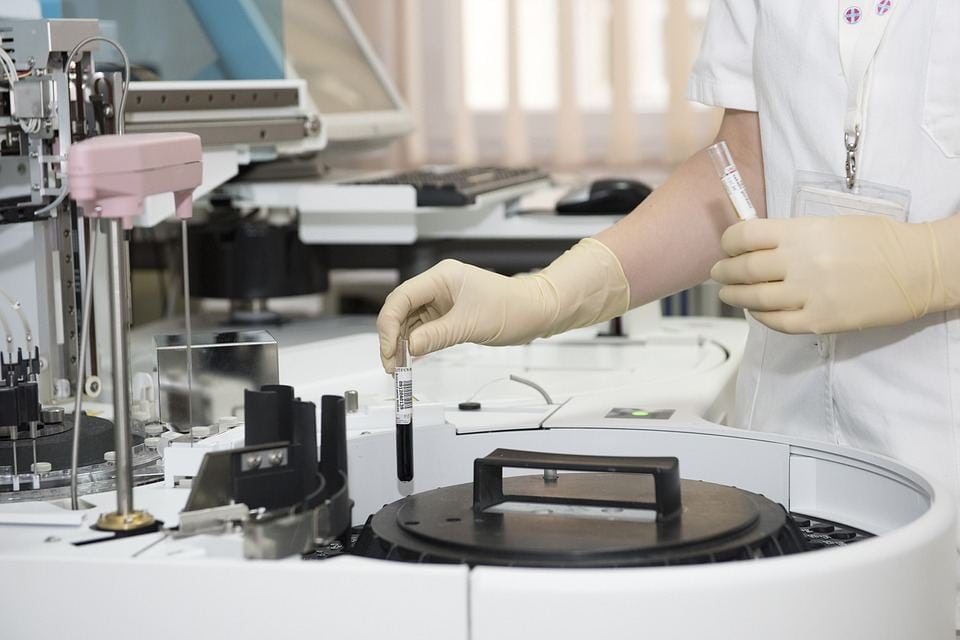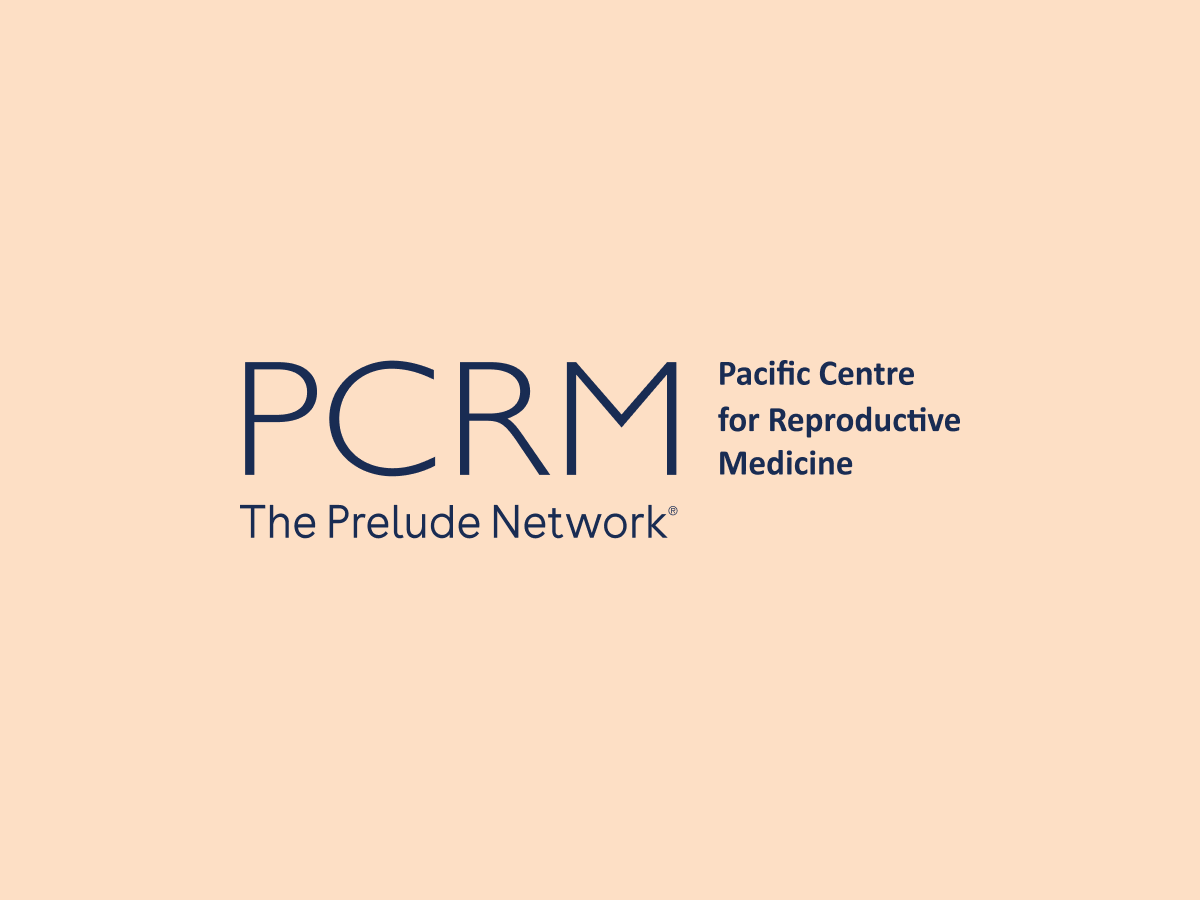
Fertility After a Vasectomy
The vas deferens. The vas deferens are the tubes that carry sperm from the testicles to the penis. When these tubes are blocked, sperm cannot make their way into the semen. Thus, a man who has had a vasectomy will still be able to ejaculate but fertilization cannot take place.
A vasectomy is a permanent birth control method, but many men later regret this decision. If you or your partner has had a vasectomy and you now want to conceive, a vasectomy reversal may be able to help.
How does a vasectomy reversal work?
A fertility doctor who specializes in reversals will be able to tell if you or your partner would be a good candidate for a vasectomy reversal.
A vasectomy can be reversed using one of two methods. The first method is called a vasovasostomy. In this procedure, the doctor sews the vas deferens back together. The second method, a vasoepididymostomy, is more complex and is usually reserved for cases in which the doctor does not believe a vasovasostomy will work.
In a vasoepididymostomy, the doctor attaches the vas deferens to the epididymis. The epididymis is a tightly coiled tube located at the back of the testicles where sperm are stored and matured.
Vasectomy reversals are outpatient procedures, so patients are normally able to go home the same day. Men are given anesthesia, so they are not awake and do not feel anything during the surgery.
Recovering from a vasectomy reversal
Following a vasectomy reversal, patients can return to work after about 3 days. However, sexual intercourse should be avoided for about 2 weeks. Heavy lifting and strenuous labour should be avoided for about 4 weeks.
After the vasectomy reversal, you or your partner will have to visit your fertility doctor regularly to check sperm count. It can take anywhere from a few months to a year for sperm count to return to normal after a vasectomy reversal.
Vasectomy reversal versus IVF
In Vitro Fertilization (IVF) is another option for a man who has had a change of heart after a vasectomy. In this type of IVF treatment, sperm are surgically removed and used to fertilize eggs that have also been surgically collected. If you are wondering which option to choose, here are some reasons you might want to opt for a vasectomy reversal instead of IVF:
- After a vasectomy reversal, you or your partner will be fertile for many years. On the other hand, with IVF treatment, you will only be able to conceive in that specific IVF cycle.
- In some cases, having a vasectomy reversal is more cost-effective than IVF. For women aged 38 and older, IVF may be more cost-effective in the long-term.
- For IVF to work, both you and your partner will need to participate in the treatment. A vasectomy reversal only requires the treatment of the male partner.
Does a vasectomy reversal guarantee fertility?
A vasectomy reversal is not always successful. In some cases, the surgeon is not able to reconnect the vas deferens. Sometimes, even after the vas deferens has been reconnected, normal sperm activity doesn’t resume. If the procedure does not work, you or your partner may attempt the procedure again. Although a vasectomy can be reversed several times, the chances of success may decrease with each attempt.
Searching for a clinic to have a vasectomy reversal in Vancouver?
If you or your partner want to have a vasectomy reversal surgery in Vancouver, book an appointment to come see us at the Pacific Centre for Reproductive Medicine. Though we are one of the largest clinics in Canada, our team will provide you with the support and personalized fertility care you need. So, call us today.
Related Posts
Categories
About the PCRM Blog
Welcome to the Pacific Fertility Centre for Reproductive Medicine Blog! Nationally and internationally recognized for providing exceptional reproductive care, our team believes in empowering people with the knowledge they need to navigate their unique fertility journeys.
From information on the latest fertility treatments to valuable insights on egg donation, surrogacy, and everything in between, the Pacific Centre for Reproductive Medicine Blog is your ultimate resource for all things reproductive care and support. Read on to learn more, and contact us today if you have any questions or want to schedule a new patient appointment.



